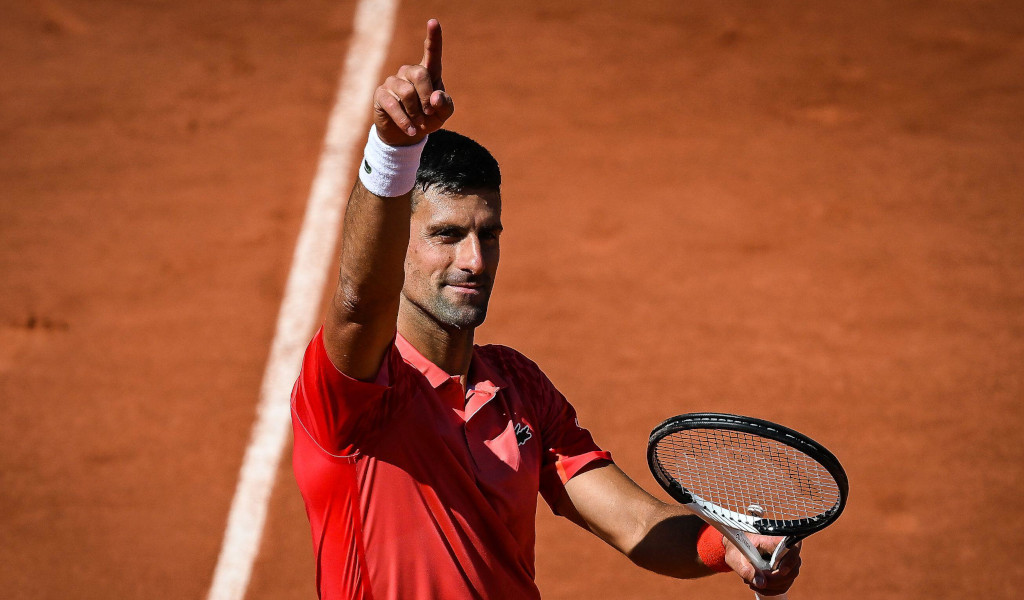Once upon a time in 2014, Novak Djokovic had a lucrative endorsement deal with Peugeot. Three years later, when his contract was set to expire, the French carmaker wanted to renew the deal– and pay Djokovic even more, according to sources.
But he turned it down.
Djokovic was not satisfied with Peugeot’s efforts to better itself environmentally. At the time, the company wasn’t putting enough effort into its alternative energy prototypes, in his view. So he moved on with his other endorsements and bought a Tesla.
In the months that followed, Peugeot stepped up its game. By January 2020, it was unveiling its first-ever fully electric vehicle. To help with the launch, Peugeot re-enlisted its favored pitchman Novak Djokovic. This time, the Serbian superstar could feel good about working with the company, and they collaborated on a nostalgic video promoting the more environmentally-friendly vehicles featuring Djokovic as a young boy.
The story is not only about Djokovic and his power as an endorser (eventually the two would part ways again)– but it’s also a tale about an enduringly stable persona in a world of rapid change.
A former marketing executive at Nike recently doubted Djokovic’s marketability amid his proximity to controversies, including his decision not to take the Covid-19 vaccine.
But that was before Djokovic broke the Grand Slam record, slamming the door shut on any debate that he is the greatest men’s tennis player in history. Winning solves everything, and GOATs are the ultimate in selling. Just ask Michael Jordan, who still tops the list of highest-paid athletes of all time.
“I believe that his marketability can improve and grow markedly. He’s certainly merited it. He’s arguably the best and most accomplished male tennis player ever, and though he’s a ‘senior’ chronologically in professional tennis player years, he’s playing like a youth in the midst of his prime,” said Jeff Durand who works in tennis marketing and brand management.
In addition to GOAT status, ask any marketing expert about trends and they will tell you authenticity is hot. You may not agree with Djokovic, say the fans, but you can’t deny he sticks to his principles.
As the pandemic fades further into memory, a segment of fans who were feeling anything from anger to annoyance at Djokovic for not taking the vaccine simply won’t hold a grudge. Respect for his accomplishments will begin to rise to the forefront.
Still, some people just don’t like Djokovic and will continue to take their shots. But this fuels him and his fanbase. Djokovic is not a boring story, nor is he a typical one. As the public settles into Djokovic as the undisputed best-ever, it’s bound to become more accepting– and curious. That represents major marketing potential.
In this era of the Big Three, it’s hard to outdo Nadal and Roger Federer. But consider Djokovic as a draw, not next to those marketing icons, but in comparison to the average Top 25 player on the ATP Tour. Among them, Djokovic stands out as exceptional for his marketability, and his current roster of endorsements including Lacoste would certainly be envied by just about anyone currently on tour aside from Nadal.
Being allowed back into the United States this summer will help his visibility as well. Djokovic’s Roland Garros semifinal win over Carlos Alcaraz netted Tennis Channel its second-highest ever rating in the U.S. (The top spot belongs to Rafael Nadal’s win over Djokovic last year.) The viewers are coming along for this historic ride, and the marketers will follow.






















Oh well. Nobody’s perfect.